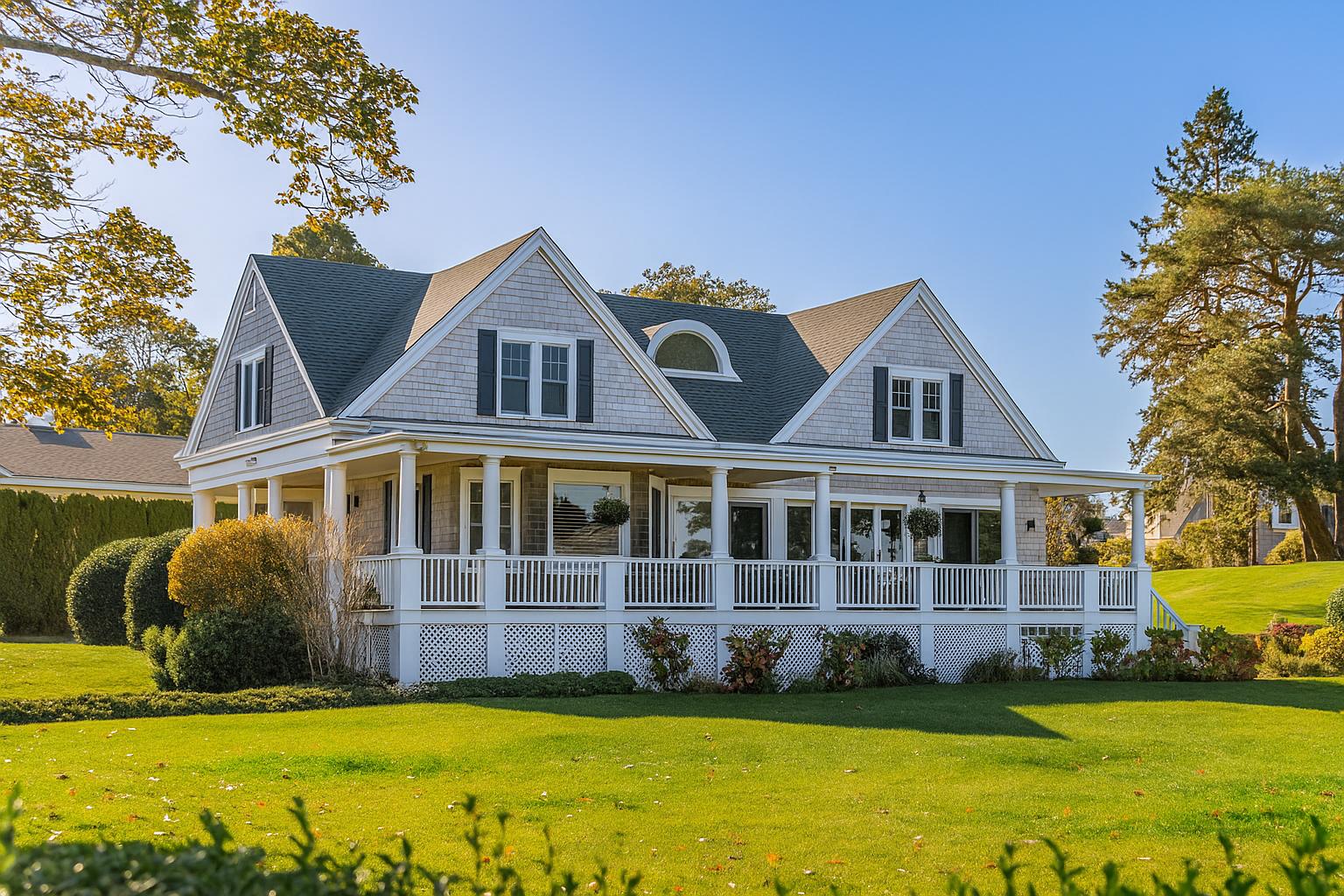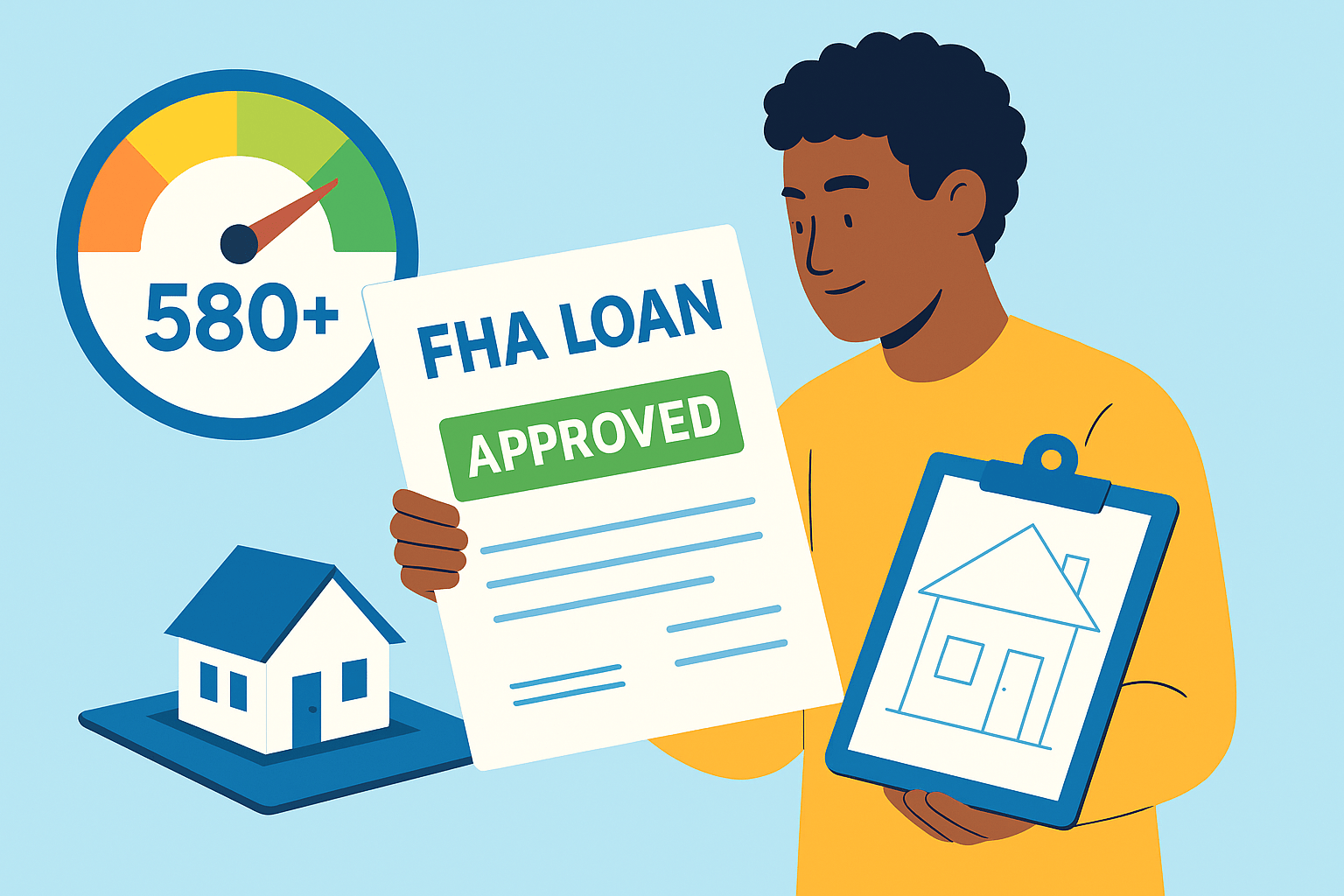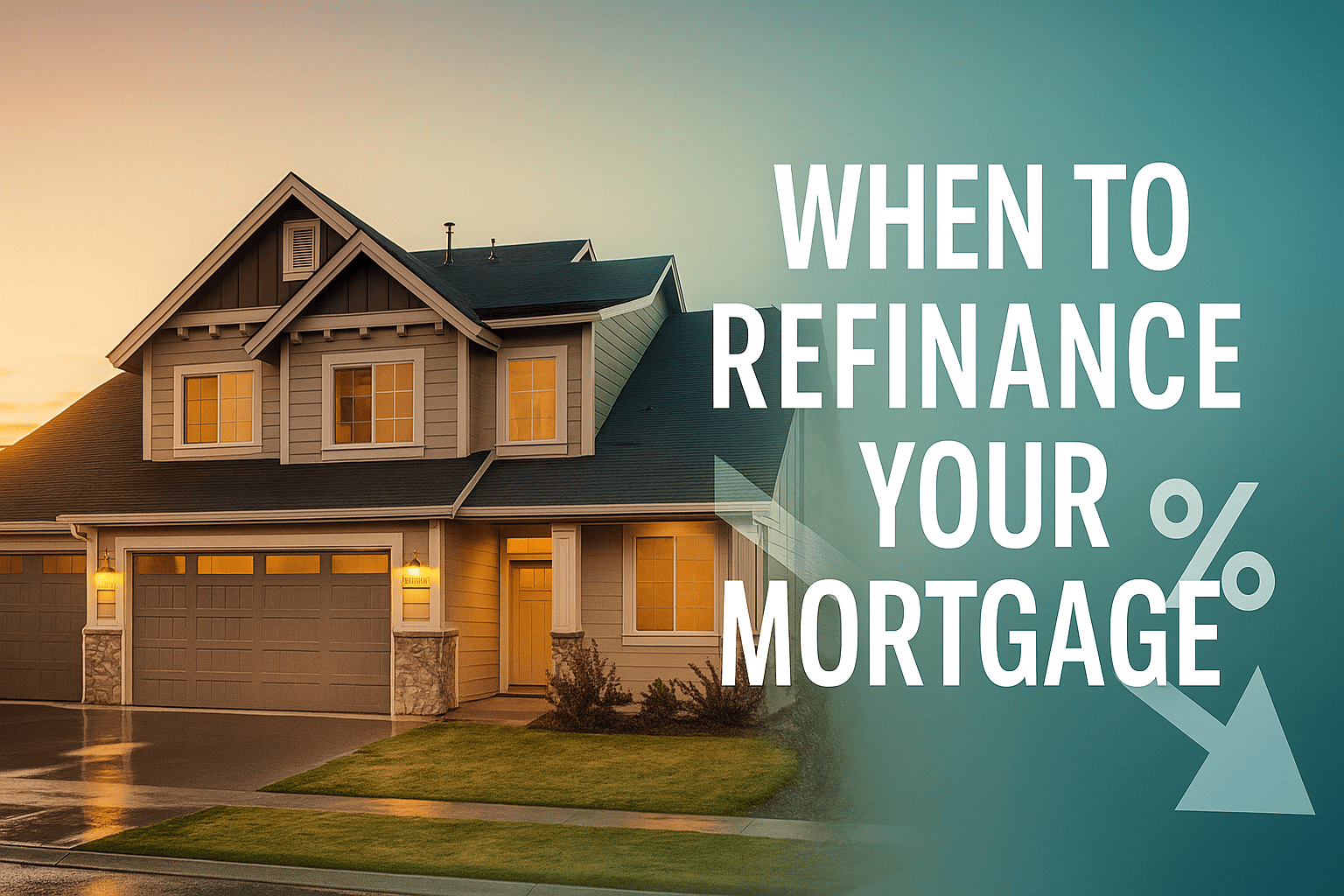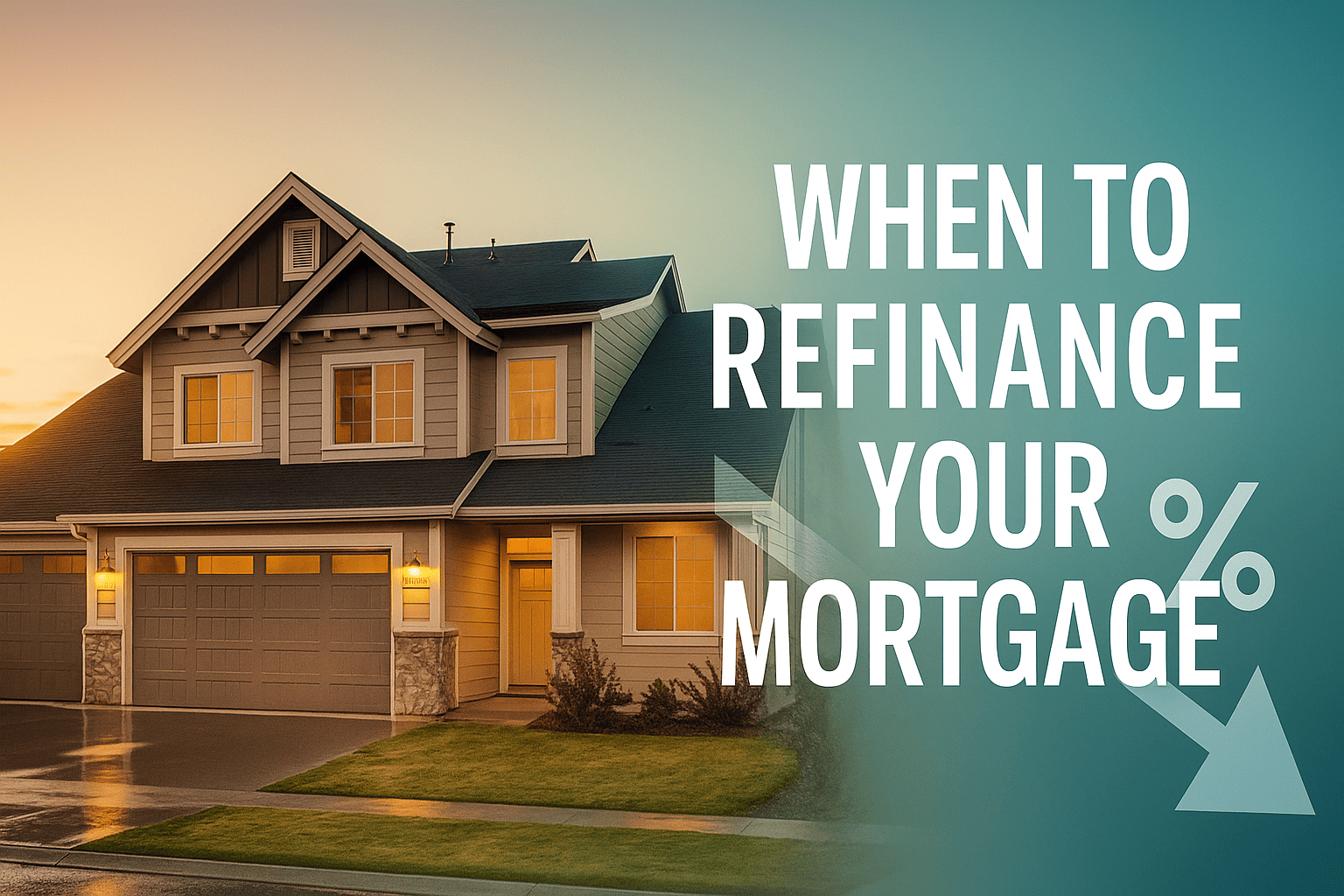Mortgage Credit Certificate First-Time Homebuyer Assistance Programs
Mortgage Credit Certificate: South Dakota’s Tax-Saving Secret for First-Time Homebuyers
Buying your first home can feel like hiking the Black Hills at dawn—breathtaking yet demanding. Fortunately, South Dakota’s Mortgage Credit Certificate (MCC) program lights the trail by turning a slice of your annual mortgage interest into a dollar-for-dollar federal tax credit. That credit can lower your monthly out-of-pocket costs and free up cash for everything from furniture to storm-ready siding. Below you’ll discover how the MCC works, who qualifies, and how to claim this powerful homebuyer tax break.
What Is a Mortgage Credit Certificate?
A Mortgage Credit Certificate is a federal incentive administered in South Dakota by the South Dakota Housing Development Authority (SDHDA). In plain English, the MCC converts up to 35 % of the mortgage interest you pay each year into a non-refundable tax credit. Instead of merely writing off interest as a deduction, you subtract the credit directly from your tax bill—often trimming it by $1,500–$2,000 annually.1
- Credit percentage: Typically 20 – 35 % of annual mortgage interest.
- Lifetime value: Up to $2,000 per year for the life of the original loan.
- Stackable: You may still deduct the remaining interest if you itemize.
Think of the MCC as a thermostat on your housing costs: turn it down once and enjoy lower “financial temperatures” for years.
How Does the South Dakota MCC Reduce Your Monthly Payment?
Although the tax credit arrives at filing time, many homeowners reap savings monthly by adjusting their payroll withholding. Here’s the math behind the magic:
- You pay $8,000 in mortgage interest this year.
- With a 25 % MCC rate, your tax credit equals $2,000.
- File a revised W-4 to reduce federal withholding by roughly $167 per month.
- That extra cash can be applied directly to your mortgage, cutting your effective payment.
A 2022 SDHDA internal study found first-time buyers who used the MCC lowered their average monthly carrying costs by 7 %—enough to cover a seasonal energy bill or two.
Real-Life Snapshot: Jenna’s Rapid City Townhome
Jenna, a 29-year-old graphic designer, bought a $245,000 townhome near Rapid City Regional Hospital. Her 6.25 % fixed-rate loan produced about $9,100 in first-year interest. With a 30 % South Dakota MCC, she claimed a $2,730 credit that shrank her IRS bill from $3,200 to $470. By tweaking her payroll, Jenna freed up roughly $225 per month—enough to afford HOA dues and still splurge on Badlands weekend getaways.
Who Qualifies for a Mortgage Credit Certificate in South Dakota?
Eligibility rules keep the program laser-focused on moderate-income, first-time buyers, yet many are surprised at how generous the limits are.
Key Eligibility Factors
- First-time homebuyer test: You must not have owned a principal residence in the past three years, unless you purchase in a federally designated targeted area.
- Income limits: Household income generally must fall below $99,480 (1-2 persons) or $114,402 (3+ persons) in most counties. Targeted areas allow roughly 20 % higher caps.
- Purchase price limits: Capped near $481,176 statewide; slightly higher in targeted zones.
- Owner-occupancy: The home must be your primary residence within 60 days of closing.
- Loan type: Conventional, FHA, VA, and USDA 30-year fixed loans are all MCC-friendly.
Tip: Eligibility thresholds adjust each spring, so verify the latest figures on SDHDA's official page.
How to Apply for the South Dakota MCC in 2024
The application rides shotgun with your mortgage, not after it, so loop in an SDHDA-approved lender early. Expect these mile-markers:
- Pre-Approval: Choose a participating lender and request MCC pre-screening alongside your loan pre-approval.
- Reservation: Lender reserves MCC funds through SDHDA’s online portal; a non-refundable fee (usually $300–$500) is collected.
- Closing: The lender files IRS Form 8329 with SDHDA; you sign Form 8396 disclosures at settlement.
- Tax Filing: Each year, file IRS Form 8396 to claim the credit—software like TurboTax already supports it.
From reservation to closing, the process integrates seamlessly into an average 35-day purchase timeline, so you won’t hit any closing-date landmines.
Is an MCC Better Than Just Itemizing Mortgage Interest?
In many cases, yes. A deduction only lowers taxable income; a credit lowers your actual tax. However, you can still deduct any interest not used for the credit, offering a two-tier benefit. Consider this rule-of-thumb:
- If your tax bracket is 22 %: A $2,000 MCC is like a $9,090 deduction (because 22 % of $9,090 ≈ $2,000).
- Itemized deduction alone: To equal that $2,000 savings, you’d need $9,090 more deductible interest—rare for a starter home.
In short, an MCC often outperforms a plain deduction unless you’re in a very high bracket or paying eye-popping interest.
PAA Spotlight: “Can I Combine a Mortgage Credit Certificate With Down Payment Assistance?”
Absolutely. In South Dakota, the MCC pairs beautifully with SDHDA’s “Fixed Rate Plus” program, which offers 3 % down payment assistance. Because the assistance comes as a silent second mortgage, it doesn’t interfere with the MCC’s federal guidelines. Pairing the two has helped some buyers close with less than $1,500 out of pocket, according to 2023 SDHDA lending data.
That said, you must still meet each program’s independent requirements—so review income and credit score benchmarks with your lender to avoid last-minute surprises.
Cost-Benefit Check: When the MCC Makes the Most Sense
The Mortgage Credit Certificate isn’t a universal fit. Here’s when it shines brightest:
| Ideal Scenario | Why the MCC Rocks |
|---|---|
| Starter home ≤ $300k | Interest proportionally high, maximizing credit size |
| Stable career & tax liability | You can fully absorb the non-refundable credit each year |
| Planning to stay 7+ years | Longer occupancy multiplies lifetime savings |
Conversely, if you expect minimal federal tax liability—say, due to large childcare credits—run projections with a CPA. An MCC unused is like an umbrella left in the closet during a Sioux Falls downpour.
FAQ
- What happens if I sell or refinance?
- You keep the Mortgage Credit Certificate only on the original loan. Refinance and you’ll need to re-apply; sell within nine years, and a federally mandated recapture tax may apply, though its dollar impact is often small.
- Can I use the MCC on a duplex?
- Yes, if you live in one unit as your primary residence and the building has ≤ 4 units.
- Does the MCC affect my debt-to-income ratio?
- Some lenders count the credit as income, improving DTI by up to 2 %; ask your loan officer.
- Is there a credit score minimum?
- SDHDA requires at least 620 for most loan types, though many lenders prefer 640+.
Your Next Step Toward a Lighter Mortgage
The South Dakota Mortgage Credit Certificate transforms tax season from “ugh” to “aha.” By channeling federal dollars back into your pocket, it makes homeownership more affordable in the very years that feel tightest. Ready to see how much you could save? Speak with an SDHDA-approved lender today, or explore SDHDA’s resources to verify your eligibility and reserve your MCC before funds run dry.
Pro tip: MCC allocations refresh each fiscal year—getting in line early can be the difference between snagging a certificate or waiting another 12 months.
Explore More Blog Posts
Checkout more similar posts those will help you to choose better property.












 Profile
Profile Password
Password Saved Properties
Saved Properties Sign Out
Sign Out
 +0.01
+0.01
 -0.15
-0.15

